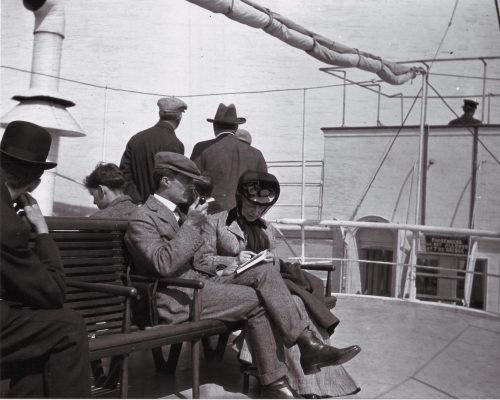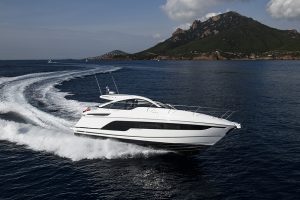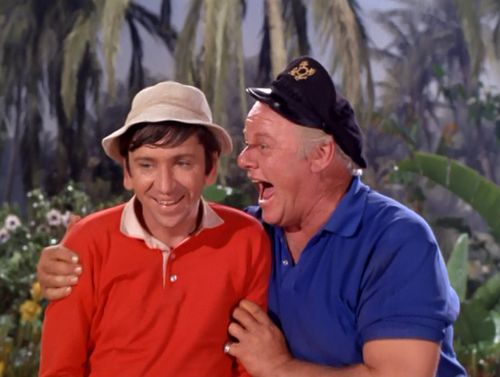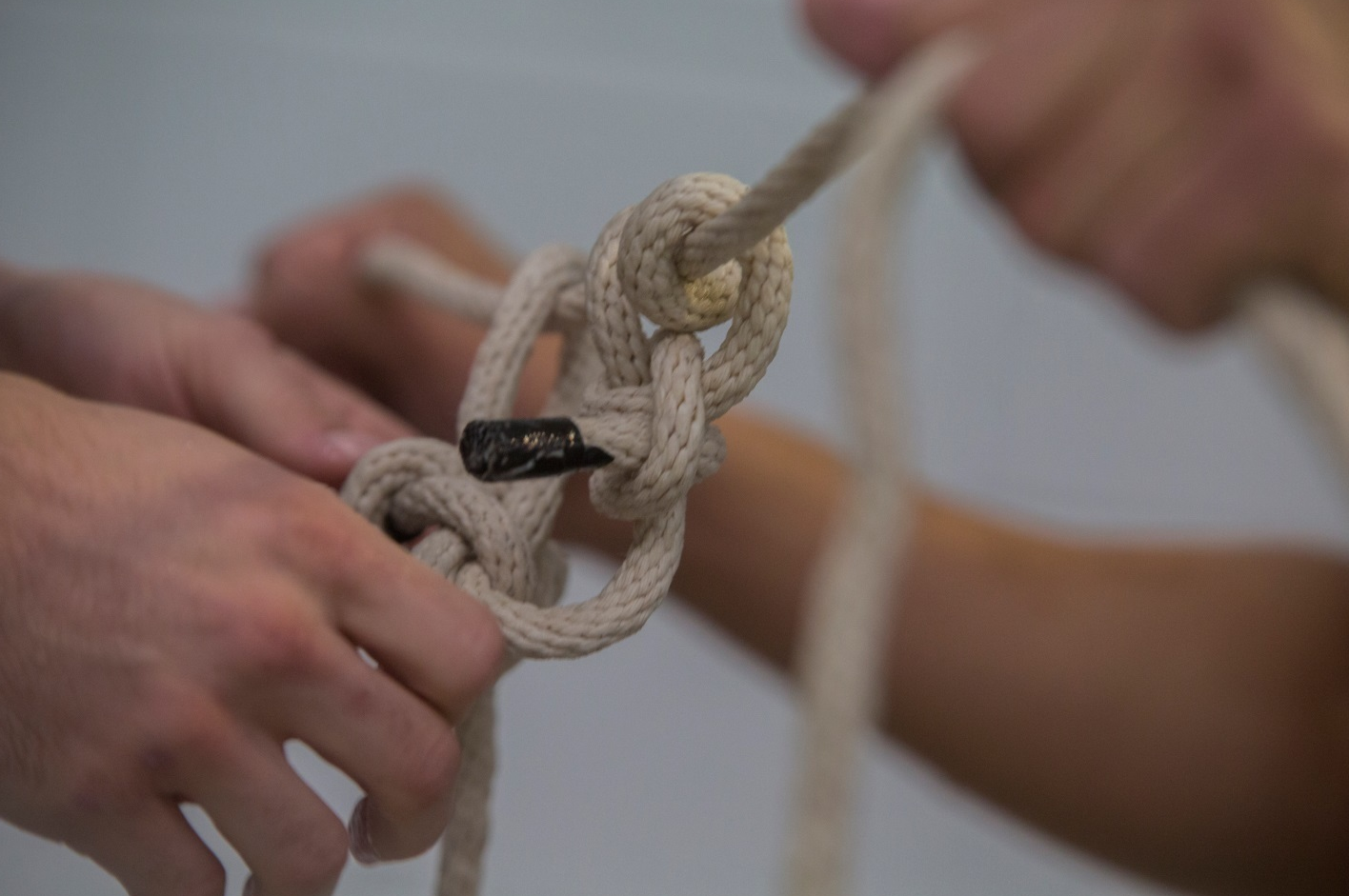15 Nautical phrases used in everyday language
We all know what 'rocking the boat', 'being overwhelmed', 'binging' and 'posh' mean, but did you know that these terms all have maritime origins? We pick our favourite nautical phrases used in everyday language
Pushing the boat out

The term literally meant helping somebody to push a boat into the water. In nautical circles it later also came to mean ‘buying a round of drinks’. These days the term means spending a lot of money or celebrating something in a grand manner.
Under the weather

The term feeling under the weather is commonly used these days to say ‘not feeling well’. Its origin comes from the sea of course. When the weather was rough, passengers on a boat would retreat to the lower levels where the effects of the choppy seas were felt less.
Above board

It is believed that pirates would hide their crew below board to trick ships they’d encounter on their voyages. Above board came to symbolise honesty, as vessels who had their crew above board had nothing to hide. Today, the term means a situation or a plan that’s honest and in the open.
12 Celebrity sailors past and present
(Wouldn’t touch with a) Barge pole

The long wooden poles to push barges along have became part of every day language. To not want to touch something or someone with a barge pole, means that somebody wouldn’t go near the subject or object in question because they don’t like it.
At a loose end

‘Loose end’ refers to a rope being unattached. Tying loose ends means finishing something off, such as a job. To be at a loose end means to be at a loss, not having any plans or not knowing what to do.
Calm before the storm

This widely used term means a moment of tranquillity before an upheaval, be that an argument, the arrival of guests and so forth. It refers to the period of calm before a storm approaches.
Rocking the boat

This literal term, rocking a boat from side to side, has come to mean disturbing or challenging a situation, causing trouble or problems.
Article continues below…
A sailor walks into a bar…jokes to keep you laughing
Keep everyone entertained with our updated compilation of the best nautical jokes around..they're guaranteed side splitters!
Sailing superstitions: 13 things never to do at sea!
Don't paint a boat green, no bananas on ships and don't invite the priest: take a look at 13 of…
Video: Hacks for better boating and sailing
No matter how long you've been sailing we all get those moments when our brains cloud over! Watch these boating…
Going overboard

Going overboard literally means falling out of a boat, but it’s used in common language to mean being very enthusiastic about something, such as a project, doing too much or being extravagant.
High and dry

High and dry is used to refer to a vessel stranded on land. These days it refers to being stuck, left in a helpless situation.
Hunky-Dory

Legend says that ‘Hunky Dory’, which now means that everything is good and well, originates from a street named Honcho Dori (also spelled Huncho Dori) in Yokohama, Japan. US sailors on shore leave in Yokohama would spend their spare time enjoying the street’s bars and female company, basically having a good time.
On an even keel

On an even keel was used to say that a boat or an aircraft wasn’t leaning one side, that it was stable. These days it means that a situation is well balanced.
Overwhelm

Overwhelm is Middle English for ‘capsizing’ or ‘overturning a boat’. It’s now commonly used for expressing a strong emotional feeling that takes over, feeling defeated, being overcome or to describe a situation that’s ‘too much’.
Posh

Posh stands for ‘Port out, starboard home’. It is believed the words were written on the luggage or ticket of wealthy passengers to allocate the best berths on a boat, i.e. the ones that were out of the sun. These days posh of course means rich, exclusive, luxurious, high-class and or a member of the Spice Girls….
Square meal

A square meal these days means a meal that’s satisfactory and substantial. The terms comes from the square platters used to serve meals on a ship.
Binge

We binge eat, binge watch, binge drink…anything that we do to excess is a ‘binge’. However the term used to mean something quite different: rinsing or clearing something out or soaking a wooden vessel. The word binge was first recorded in 1825 and spelt ‘benge’. The word, written as we know it today, was recorded in 1854, and was a form of English dialect that meant ‘to soak’.











